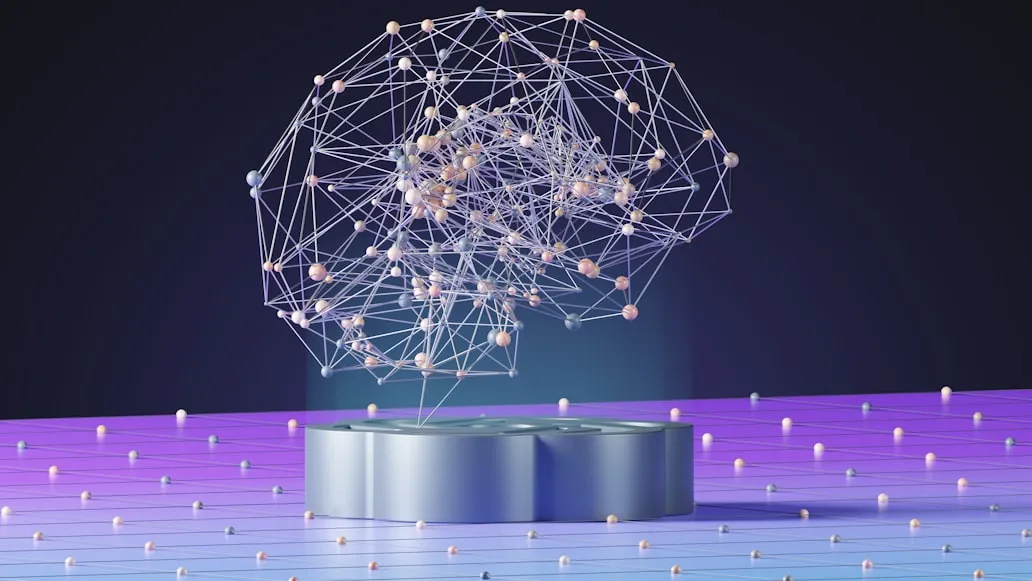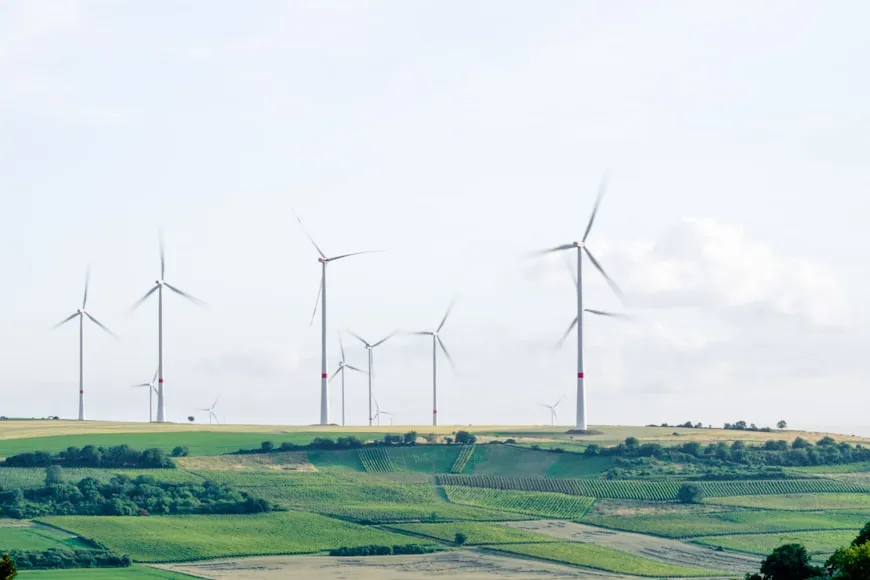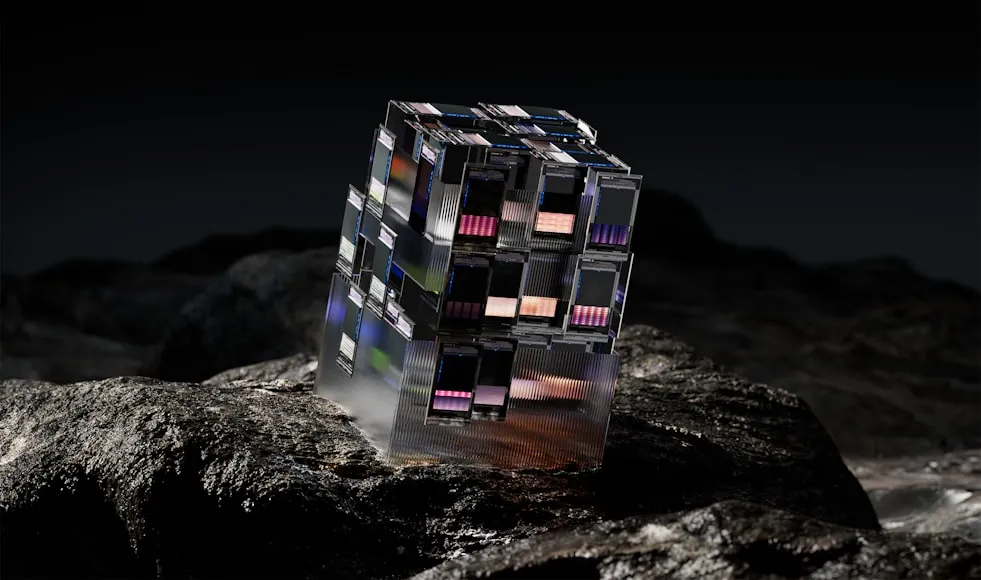
In a landmark development, the United Nations has established its first-ever Global AI Governance Council — a move aimed at creating international standards for artificial intelligence ethics, safety, and accountability.
Why now?
The decision comes amid a surge in AI capabilities. In the past year alone, generative AI has produced not only lifelike images and deepfakes, but also advanced problem-solving systems used in medicine, climate modeling, and defense. While these breakthroughs offer enormous potential, they’ve also triggered fears over misinformation, job displacement, and autonomous weaponry.
What the council will do
Comprised of representatives from 40 member states, along with civil society experts and industry leaders, the council will draft a global AI code of conduct. This includes guidelines for transparency, algorithmic bias audits, and cross-border cooperation on cybersecurity.
International divides
However, not all nations see regulation the same way. The European Union, already enforcing its AI Act, wants strict guardrails, including penalties for non-compliance. The U.S. prefers a more flexible approach, arguing that overregulation could stifle innovation. Meanwhile, China has proposed a state-led oversight model, prioritizing security and centralized control.
Private sector power
Tech giants, whose AI models often outpace government oversight, are lobbying for a seat at the table. Critics argue this could dilute accountability, while supporters say it’s essential to have industry input to make realistic rules.
The stakes
If successful, the council could become as influential as the International Atomic Energy Agency — shaping how AI evolves for decades. But the clock is ticking: without clear rules, the risk of AI misuse grows by the day.
This is more than a tech policy story; it’s a global governance test in an age where the pace of change threatens to outrun our ability to manage it.







